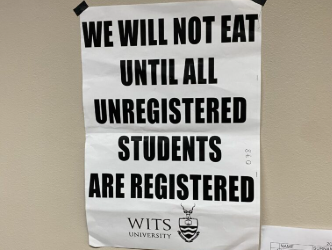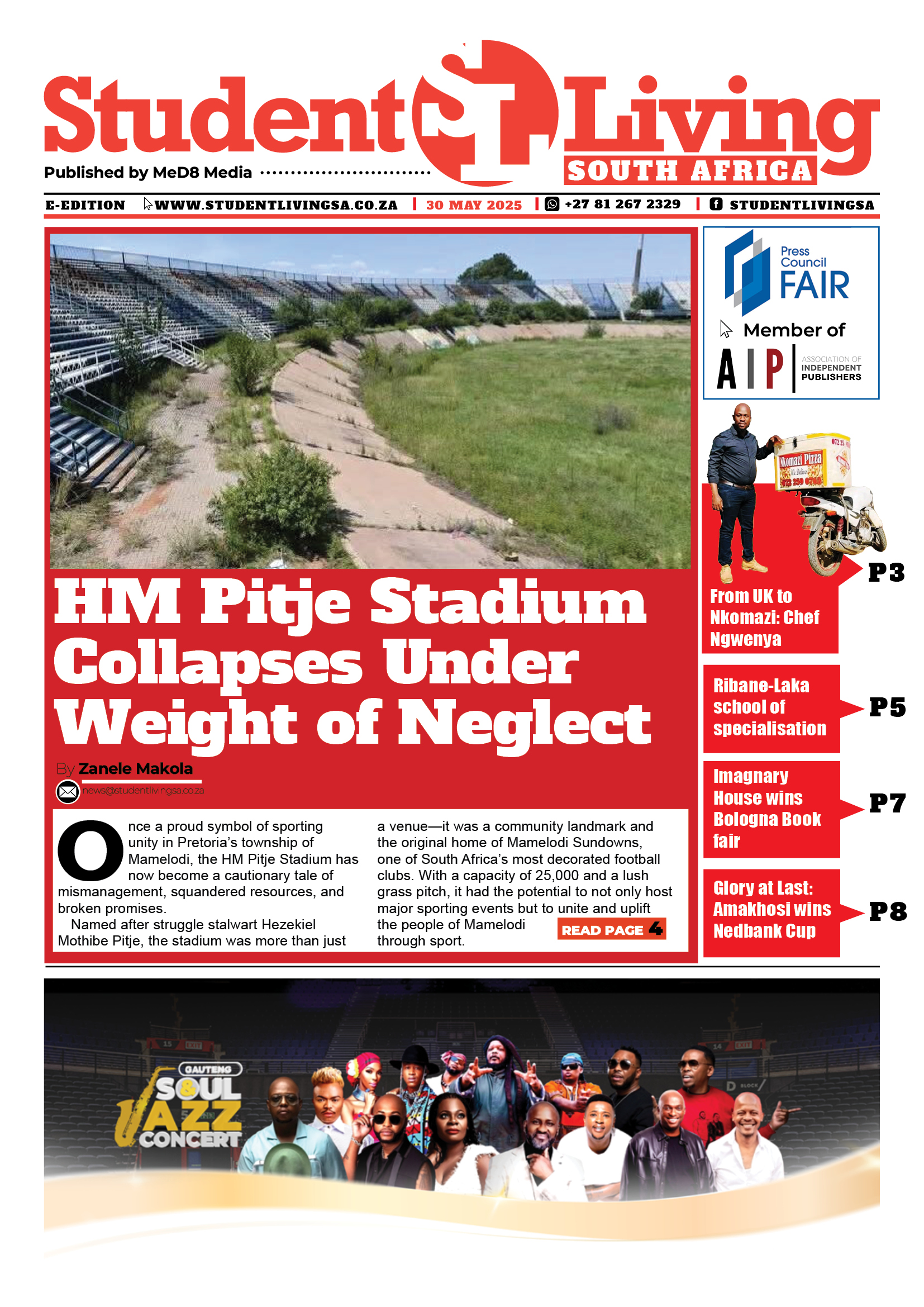MINISTER NZIMANDE RELEASES GUIDELINE FOR 2020/21 EXAMINATION
PERIOD
The Minister of Higher Education, Science and Innovation, Dr Blade Nzimande, has
released HIGHER HEALTH’s latest protocol for the Post-Schooling Education and Training sector (PSET) to guide 26 universities, 50 TVET colleges and other postschooling institutions on how to conduct invigilated examinations during the COVID19 pandemic.
The current COVID-19 pandemic Level 1 allows for students and staff to return to campuses. This will amplify personal interaction and requires continued vigilance and specific precautions to ensure the PSET is protected from cluster outbreaks and does not contribute to new waves of infection.
“HIGHER HEALTH has been developing programmes, systems and controls related to the pandemic through the establishment of guidelines, protocols, research and capacity building across our sector. These are grounded in the growing body of science and latest epidemiological data,” said Minister Nzimande.
Minister Nzimande said that the PSET sector is encouraged by the reduced rate of infections across the country. However greater liberty in the movement of people – including upcoming examinations, means that risks of spikes of COVID-19 remain inthe foreseeable future and must be avoid.
During November and December 2020, or as soon as possible thereafter, students will be required to sit for invigilated exams (under supervision). The new protocol focuses on a three-pronged approach to ensuring safe exam processes and protecting the lives of invigilators and students:
Before the exam: Preparation of the exam venues and materials and training of invigilators.
During the exam: Maintaining safety in the exam venue.
After the exam: Ensuring safe management of exam materials.
“The Protocol on Invigilation of Tests and Examinations during COVID-19 within Post-School Education & Training (PSET) Institutions was developed by the PSET health and wellness agency, HIGHER HEALTH, which has been assisting institutions in managing COVID-19 since the outbreak. Adherence to the control measures as set out in the protocol is a road map to successful management of examinations,” elaborated the Minister.
“There are two overarching aspects of the approach to mitigate transmission risks: optimising the engineering and administrative controls such as ventilation, distancing in the exam venues, hand-hygiene, training of additional invigilators, timetable management and regular cleaning and health screening; and individual behaviours including wearing of masks, distancing and using the HealthCheck self assessment tool,” the Minister emphasised.
Minister Nzimande further said at all times students and staff should continue to use the HIGHER HEALTH HealthCheck, a free digital screening tool that was tailor-made for the higher education sector and acts as a daily health passport The mental wellbeing of students and staff also remains a critical focal area during exams when anxiety and stress naturally increase, especially during this year when our academic calendar was affected by COVID-19. The dedicated HIGHER HEALTH mental health 24/7 toll-free crisis helpline is the place to get help: 0800 36 36 36. Minister Nzimande reflected on various initiatives introduced by HIGHER HEALTH in response to the pandemic, including the following: Over 13 000 frontline staff and 3 200 student volunteers have been trained and capacitated to assist with screenings, education, referrals and other aspects of the daily risk-mitigation across campuses; Other comprehensive guidelines have been prepared and rolled out, including the management of cluster outbreaks in educational institutions; and Launching by Minister Nzimande of 10 fully furnished mobile clinic units to enhance health services and provide primary healthcare at underserved TVET, CET colleges and university campuses.
















